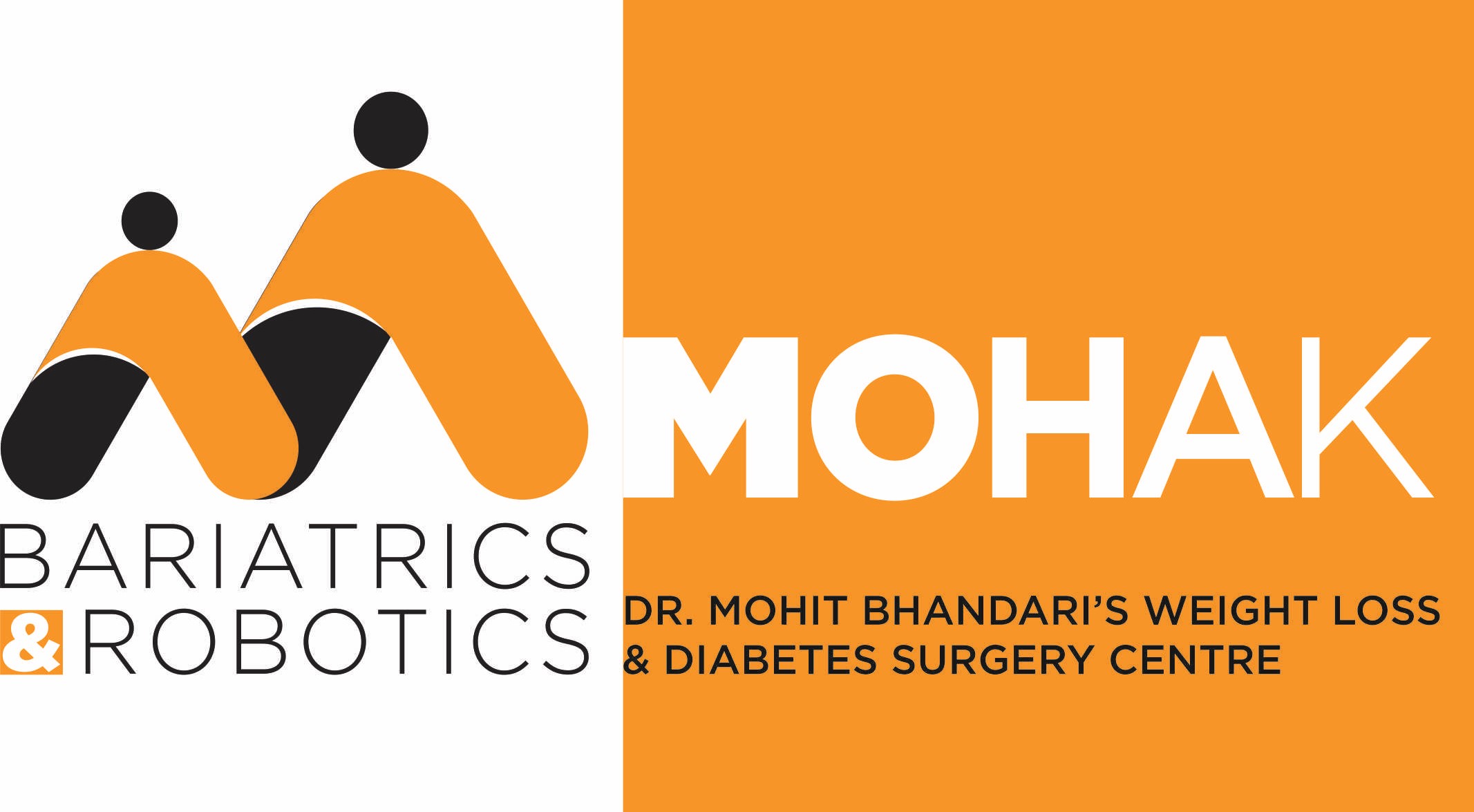Accept it or not, one of the best ways to know is to get on the scale. If you’re discouraged with what the scale tells you, you’re not alone. As a species, we are getting fatter. There are 400 million adults worldwide who are obese and one billion who are overweight. Children are getting fatter too. Globally, 17.6 million children under five are estimated to be overweight. Most of the world’s population lives in countries where overweight and obesity kills more people than underweight. Over half of us are overweight, and self-esteem isn’t the only thing at stake. Even a few extra kilograms can be hard on your heart.
How does your weight affect your health?
Research shows that being overweight or obese can:
- Increase your blood pressure
- Raise your blood cholesterol levels
- Increase your risk of developing Type 2 diabetes
These conditions will put you at high risk of cardiovascular disease.
Scientists now understand that fat, especially intra-abdominal fat, has significant impact on our metabolism. You have intra-abdominal fat if you have a big belly. This fat affects your blood pressure; your blood lipid levels and interferes with your ability to use insulin effectively. You use insulin to process glucose derived from food, our body’s primary fuel. If you cannot use insulin properly you may develop diabetes, a risk factor of cardiovascular disease.
What can you do to protect your heart?
The good news is that if you’re overweight or obese, you can reduce your risk of coronary heart disease by reaching and keeping to a healthy weight.
Traditional treatments to achieve weight loss such as diet, lifestyle, and behavioural therapy have proven relatively ineffective in treating obesity and associated cardiovascular risk factors in the long term, especially when used in isolation, but have demonstrated some metabolic and cardiovascular benefits when they are used together as combination strategies.
Bariatric operations can achieve a sustained weight loss of up to 40%, which results in a favourable modulation of these cardiovascular risk factors. When you lose a few kilograms, your blood pressure will drop, your heart will shrink to a more normal size, your body will make better use of insulin, and your cholesterol levels will improve.
The inclination towards Bariatric surgery is greater because of its results being superior to lifestyle intervention with regard to the beneficial effects on the heart. Much of that can be explained by the greater weight loss induced by bariatric surgery. Although lifestyle intervention leads to a transient reduction in weight, its impact in the long term is not as great as surgery.
Extra weight isn’t a personal failing, and it isn’t a death sentence. But it is a strong warning! Now is the time to take that warning seriously. With the help of bariatric surgery, you can remove a heavy burden from your heart.

1 Comment
Comments are closed.